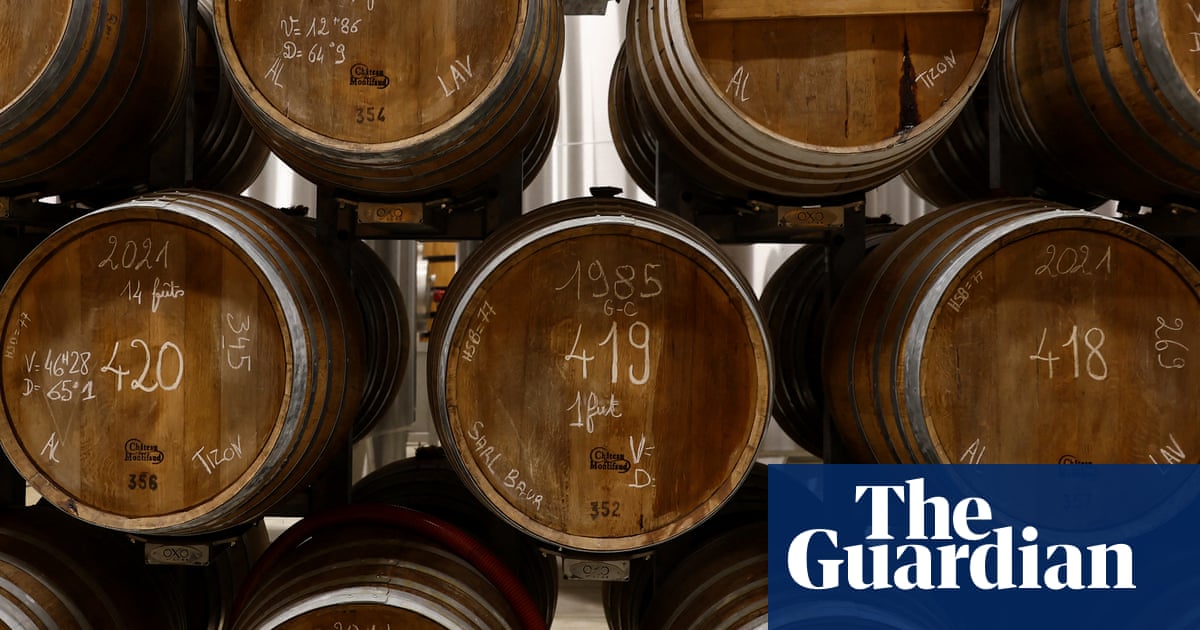Simon Jenkins’ indictment of jury trial (Here’s a radical way to save England’s collapsing justice system: get rid of juries, 5 May) deserves a damning verdict on a number of counts. He points to the excessive delays afflicting English criminal courts, which he attributes to the 1% of cases that are decided by juries. He provides little evidence for this, while making no mention of the true causes – Covid and chronic underfunding.
There is no evidence that jury trial causes delay in contested cases as opposed to judges sitting alone. Judges would have to provide reasoned arguments for each factual decision (subject to review) and, for this reason, the vast majority of British criminal judges strongly favour jury trial.
Jenkins adds that we should join “the rest of Europe” and end jury trial, without telling us what systems those countries enjoy and whether they are to be emulated. Yet the inquisitorial system in, say, France, with its many complications including dual investigation by examining justices, is subject to horrendous delays, historically far worse than their adversarial equivalent in the UK.
Jenkins attributes jury trial to a “medieval hangover, judgment by one’s peers, over the whim of an unelected manorial lord or other authority” as though this were undesirable. In fact, it is far more likely to originate in an adversarial democratic culture inherent in British history and observable in parliament.
But the greatest concern is the absence of any mention of the libertarian value of jury trials in an increasingly totalitarian world. As one of Britain’s greatest jurists, Lord Patrick Devlin, observed: “The first object of any tyrant would be to overthrow or diminish trial by jury. It is the lamp that shows that freedom lives.”
Bob Marshall-Andrews KC
Labour MP for Medway, 1997-2010
Simon Jenkins’ article struck a strong chord with me. Having served on two juries, I am less than impressed. How are you meant to have a sensible discussion in the jury room without a transcript of the trial proceedings? Your only written record is whatever you can write in pencil on a sheet of paper, despite the fact that an official record is being taken. You are given no advice about how to run the jury proceedings, presumably because English yeomen all know intuitively how to do this. Not every member wants to be there, and some members’ contributions can be negligible.
For my first trial there were six charges, all related. For one charge, evidence from the victim indicated the rough date of the alleged offence quite accurately. It was revealed at a different point in the proceedings, and I noted this on my bit of paper, that the accused was in prison at the time. Despite this, the accused was convicted by 11 to one. I have also had to sit through the verbatim acting out of a police interview, where the prosecution barrister played the accused and the police interviewer played himself.
The jury room may well be little more than a glorified broom cupboard. On my second trial, I was encouraged when I saw a whiteboard, which I thought would be quite useful. Naturally, the marker pens all needed replacing, and their replacements were highlighter pens.
Name and address supplied
Simon Jenkins thinks that members of the public who serve on juries are incompetent to decide complicated factual issues. If he is right, then voting in elections should also be left to experts.
Francis FitzGibbon KC
London

 5 hours ago
6
5 hours ago
6













































